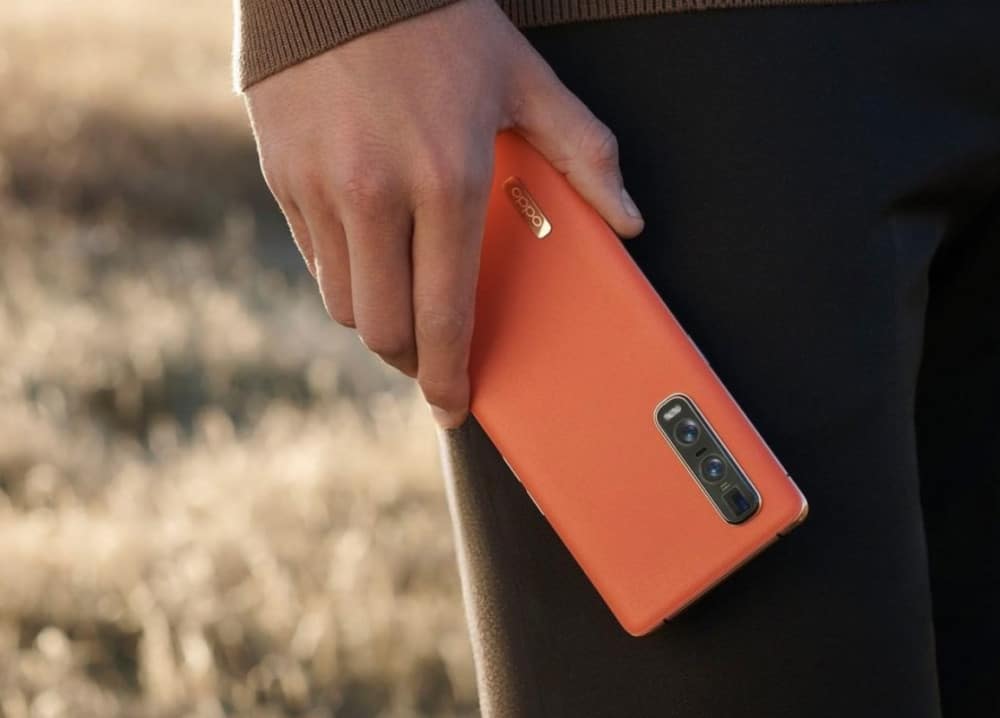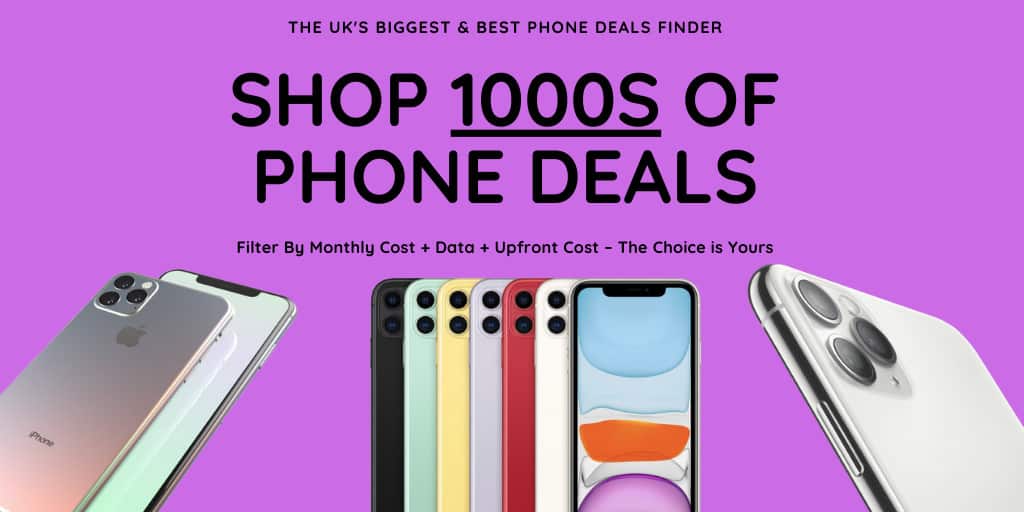It’s time to upgrade your phone, but what should you get? In this guide, we’ll show you EXACTLY what you need to know before buying a new phone…
A phone is an investment. Most people hold onto their phones for at least two years – sometimes more. For this reason, it is important to make sure you make the right decision. No one wants to be using a phone for 24+ months that doesn’t meet their needs – that would suck.
With this guide, we’ll detail literally everything you need to know about buying a new phone – regardless of budget. If you’re after value for money or a flagship, it doesn’t matter – there are core things you have to consider before choosing either style of phone.
In this respect, it doesn’t matter if you’re spending £1000 or £300 on a phone; the phone HAS to be functional, it HAS to last the and work optimally for the length of your contract, and it HAS to perform where it counts – battery life, camera, and usability (including things like software updates).
Get all of these criteria met and you’ll bag yourself a great phone that’ll do you proud over the course of the next couple of years. First, let’s kick things off with a look at the different types of phones (based on the operating system) that you can buy right now…
Android or iPhone – What’s The Difference?
Whatever phone you buy, it’ll either be an iPhone or one that runs on Google’s Android operating system. Any phone by Apple will be the iPhone and it runs on Apple’s iOS platform. Apple makes a bunch of phones now, so you do have plenty of options across a range of price points – the iPhone SE 2020 is the cheapest, however.
With Android, you have potentially thousands of options from loads of different phone companies – from Samsung to OPPO and smaller nice brands like TCL and RealMe. Android phones come in all shapes and sizes, so you do have more choice, and each Android phone maker does things a little differently too – so no two Android phones are exactly the same.
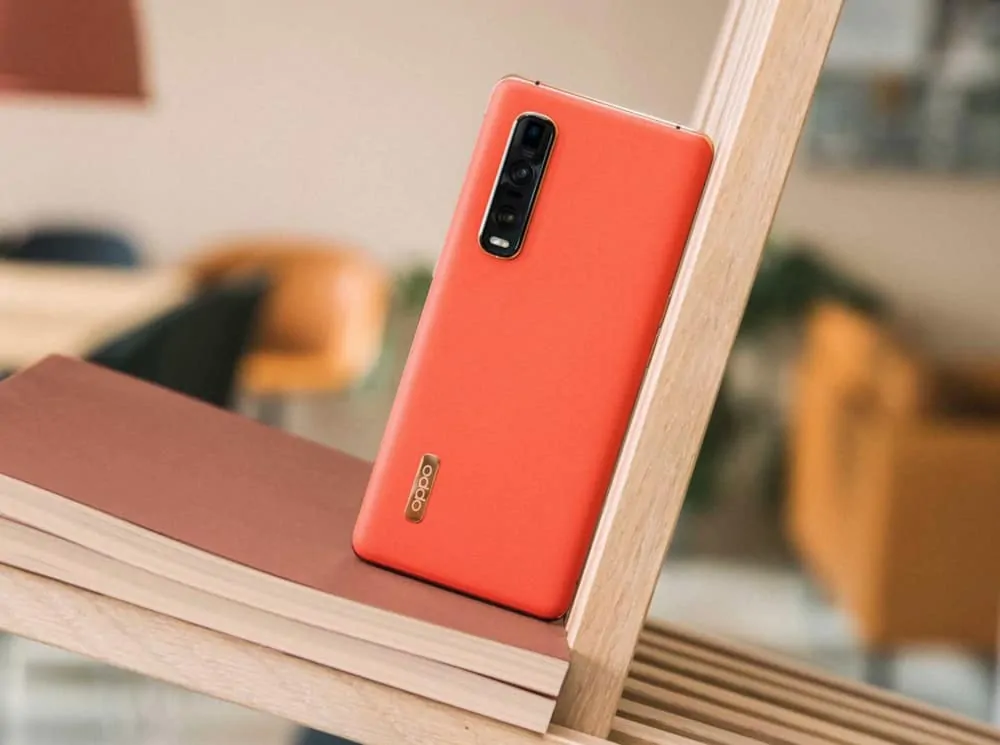
With Android, you’re reliant on Google services, things like Gmail, YouTube, Google Drive, and with iPhone, you use Apple’s services – iCloud, Mail, iMessage, and the App Store. In terms of internal specs and components, iPhones and Android phones are similar – they all have modems, 5G/4G chipsets, internal storage, advanced camera units, and all the other things that make smartphones actually smart.
There are some distinct differences between iPhone and Android phones, though, and the most noticeable one is that Android phones tend to be more customizable. You can change almost any aspect of the Android, from how it looks to things like running widgets on your homescreen, whereas with Apple’s iPhone you can’t really change the functionality and/or look of iOS – Apple does not allow this.
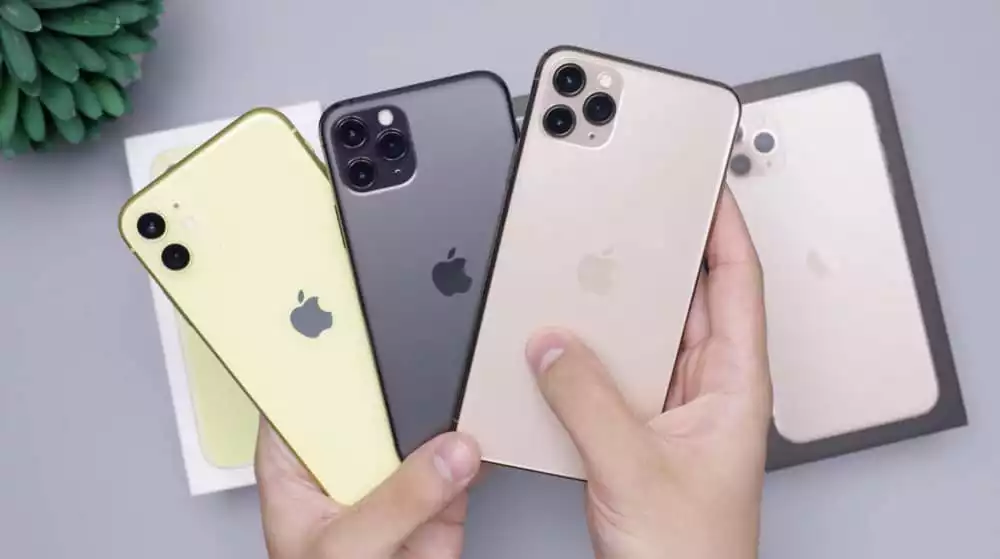
Apple’s iPhones get better software support, however, and this is one of the main reasons why millions of people stick with Apple. For instance, Apple’s iPhone 6s, released in 2014, is still getting regular iOS updates. With Android phones, you will only get one or two major Android updates (or three major updates, if you go with a Google Pixel phone). And this is the same for £300 Android phones and £2000 Android phones.
In terms of raw performance, Apple’s iPhone has the best processor on the market; its A13 platform is essentially the best mobile processor on the planet right now (and the A14 CPU inside the iPhone 12 will be even more powerful). With respect to things like camera performance and battery life, there isn’t too much difference between iPhones and Android phones. If you go with a flagship model from either Apple or Android, you will get killer performance across the board.
Android Phone Benefits
- More Choice
- More Customisation Options
- Cheaper (In Most Cases)
- Loads of Different Brands To Choose From
- The Ecosystem is More Open Than Apple’s
iPhone Benefits
- Best Processor
- Best For Software Updates
- Great Ecosystem
- Seamless Link With MacBooks & iMacs
- You Can Run An iPhone For Years & Years
Why People Choose iPhone
Apple’s iPhone is simple to use, gets amazing software support, so you’re always running the latest iOS build, and has one of the best ecosystems (meaning apps and games) around. Apple also supports its phones for years; you could buy an iPhone today and it’d still be getting iOS updates in 6-7 years time (maybe more).
This means you can run an iPhone for longer than an Android phone; Google’s main issue with Android is fragmentation – its hardware partners (Samsung, LG, Huawei, OnePlus) are too focused on selling new hardware rather than supporting their older phone releases. And the reason? Because Google’s hardware partners ONLY make money on hardware sales.
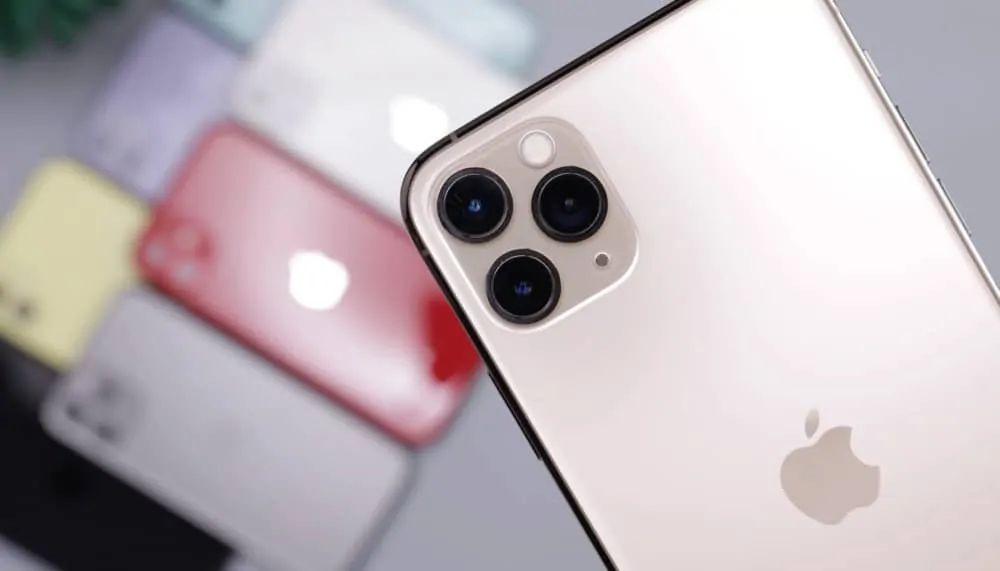
Apple makes money on hardware AND software because it owns the entire platform – iOS and the iPhone. Everything that happens inside an iPhone is controlled by Apple; it makes money on everything. This is why Apple’s business model is more profitable than Samsung’s or Huawei’s despite the fact that Apple sells fewer iPhones per year.
iPhones are simple, reliable, easy to use and have the best customer support on the market. For this reason, many people are extremely loyal to Apple. They want hassle-free usage, they want access to the best apps, and they always want the latest software on their phones. If that’s important to you, Apple’s iPhone is basically unbeatable.
Which iPhone To Get?
- iPhone 11 – The Best Option For Most People
- iPhone 11 Pro – The Best “Small” Flagship Option
- iPhone SE 2020 – The Best Value For Money
- iPhone 11 Pro Max – The Top of The Line iPhone
Why People Choose Android
With Android, you have hundreds of potential choices from a range of brands – you have Samsung, HTC, Nokia, OnePlus, LG, Oppo, RealMe, and VIVO to name just a few brands. You also have plenty of options when it comes to pricing – from less than £300 to over £2000.
Android phones tend to push boundaries more when it comes to specs and innovation. Android phones were the first to get 7in displays, the first to get OLED panels, and the first to get super-fast wired and wireless charging. Case in point: my OPPO Find X2 Pro has 65W wired charging, so I can charge it from dead to 100% inside 15 minutes.
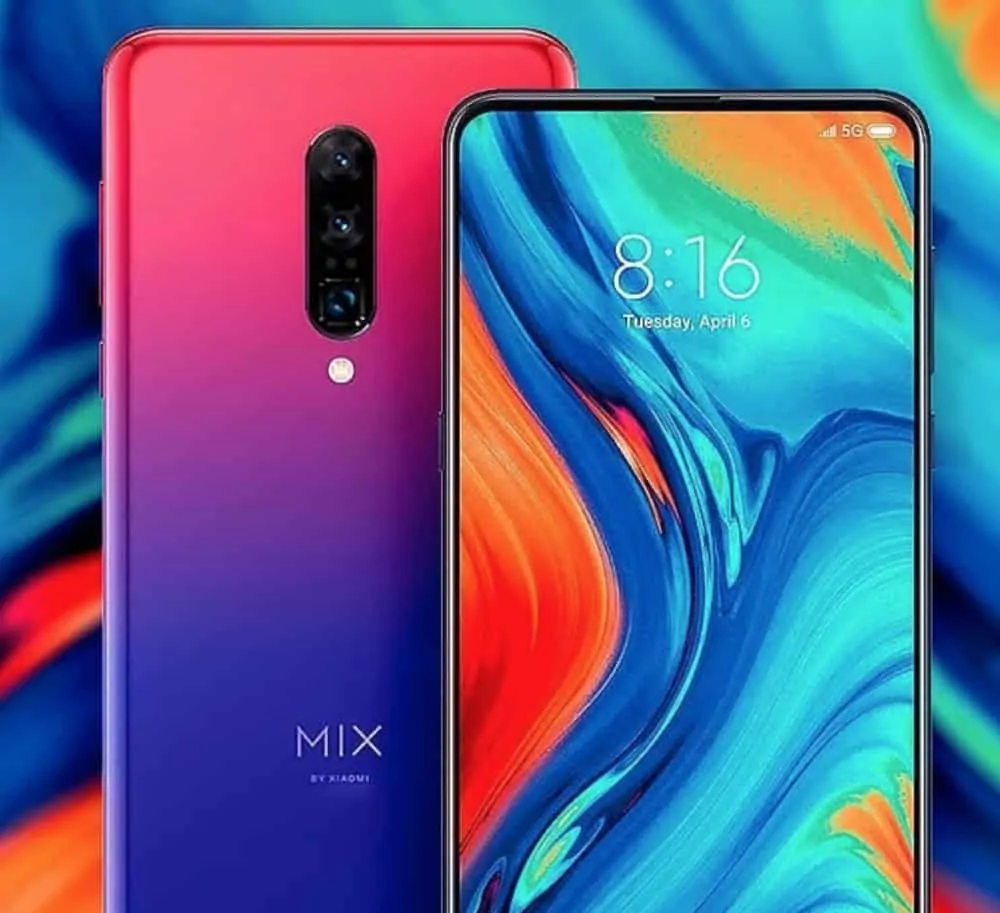
Android is great for tinkerers too; you can access, augment, and change many core elements of Android. You can change how it looks, use different keyboards, and run any type of software on it you want. You can also buy things inside Android in a much easier fashion, whereas on iPhone, Apple tends to make it difficult to buy things inside apps – you have to do in-app purchases in a manner dictated by Apple.
Android is great if you want more choice with respect to design, price, features, and what the software on your phone looks like. You can also buy niche Android phones too; things like dedicated gaming phones and foldable Android phones that are popping up all over the place.
The Android space, generally speaking, is a more open and exciting place for tech fans – Android always gets new, innovative features first. Apple is slower and more conservative with changes to its iPhone. Still, Apple’s conservative approach to iPhone means that the user experience seldom changes, things just get faster and better. And plenty of people prefer this.
Which Android Phone Should You Get?
- Samsung Phones – Great For Design & Specs
- OnePlus Phones – Brilliant Design, Amazing Software
- Google Pixel Phones – Best For Camera & Software Updates
- OPPO Phones – Great For Specs, Hardware & Fast-Charging Capabilities
What About A Phone’s Specs? Should You Care?
CPU
When it comes to CPUs, the Android market is dominated by one brand – Qualcomm. The vast majority of Android phones you can buy today use one of Qualcomm’s Snapdragon processors; either its high-end, performance chips like the Snapdragon 865 or its cheaper mid-range SoCs like the SD 765G or 690 which you’ll find in sub-£300 phones.
Apple’s iPhones (and iPads) run on the company’s insanely powerful A-Series SoCs – the A13 is currently the most powerful mobile CPU on the market right now and you’ll find it inside the iPhone 11 range and the cheaper iPhone SE 2020. This is what makes the iPhone SE 2020 so darn appealing; it’s a £419 smartphone with a flagship-grade CPU inside it.
Does your phone’s CPU matter? Yes, of course – the SoC (system on a chip) is what makes your phone a smartphone. The CPU (or SoC) handles everything from image processing for your camera to running and opening applications. Higher-end chipsets deliver faster performance, have more advanced features for things like photography, but cost more money.
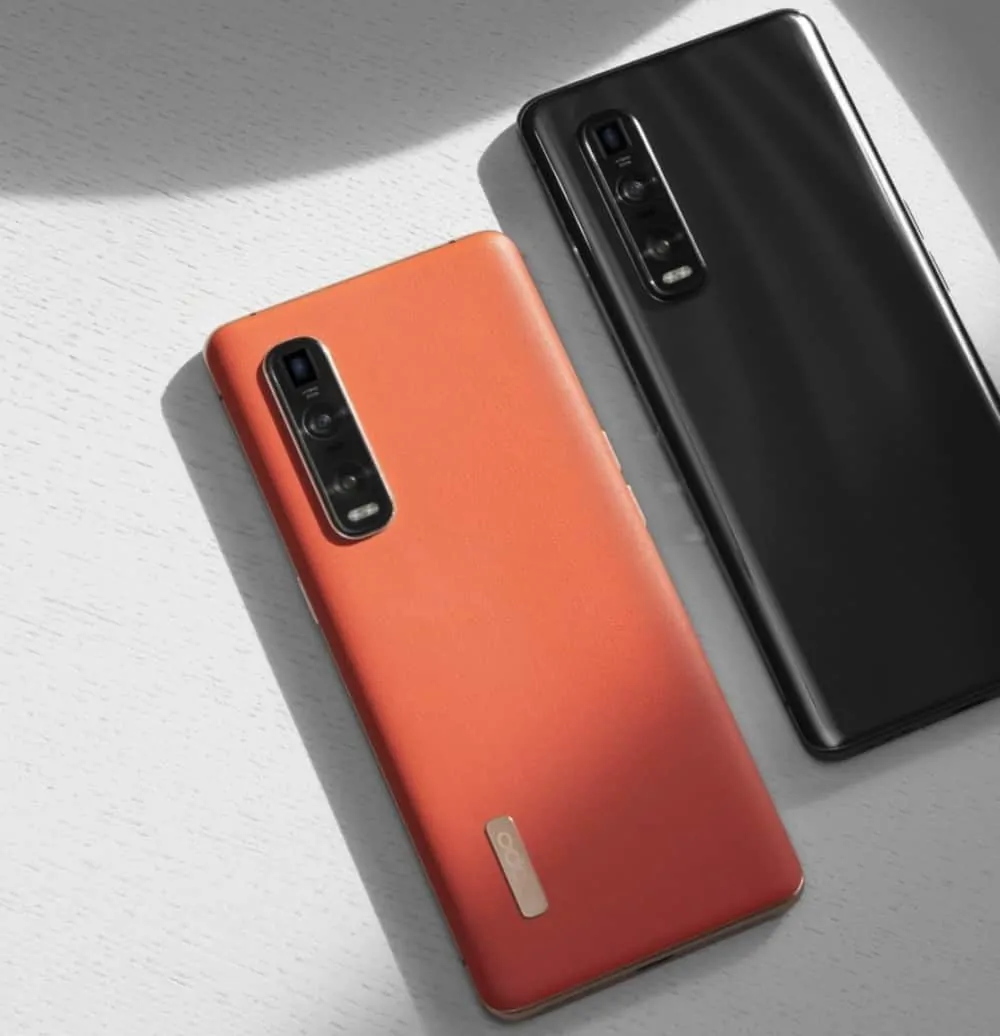
If you’re just after a reliable phone for browsing the web, taking pictures, and doing general, basic stuff you probably do not need to pay extra for Qualcomm’s Snapdragon 865 – it’s great, sure, but plenty of phones that run on the Snapdragon 765G are also really good. Google’s Pixel 4a, for instance, is ultra-cheap and performs brilliantly. It also has a kick-ass camera.
In the Android market, the chipset is one of the most expensive components inside the phone. This is why many Android flagships cost so much these days. If you want the best performance possible, you now have to pay for it, so it’s worth having a think about what you ACTUALLY need from your phone.
If it’s just basic, common stuff like web browsing, IM, a bit of social media, and some games, you probably don’t need to be spending £1000+ on a phone; a handset like the Pixel 4a would almost certainly suffice or Apple’s iPhone 11 or iPhone SE 2020, Apple’s two entry-level iPhones for 2019/20. Speaking personally, I’m a tech journalist and I’ve been using the Pixel 3a since it came out – and that phone works just great for me (and it is super cheap).
5G or 4G
5G is now available in the UK, USA, and elsewhere around the globe. It will take a while before 5G surpasses 4G is the de facto standard for mobile data, but things will start to ramp up during the back end of 2020 and the start of 2021, as Apple’s incoming range of iPhone 12 phones will use it – this will mean tens of millions of people switching to 5G between now and the end of 2021.
Is 5G essential or are you OK going with a non-5G phone? That kind of depends. In the UK, 5G coverage isn’t that great at the moment – and it probably won’t be for another 12 months. I don’t have a 5G phone. But I’ll probably get one the next time I upgrade and the reasoning behind this is simple: it future proofs whatever phone I buy.
If I buy a 5G capable phone in 2020, say, the OnePlus 8 Pro or the Galaxy Note 20, or even one of Apple’s iPhone 12 models, I will be able to run that phone for years to come because it supports 5G. I won’t need to upgrade again in order to get 5G. If that sounds like something you’d like to do, it’s probably worth getting a 5G phone the next time you upgrade.
Cameras
The camera tech inside modern smartphones is now so impressive, you could almost certainly leave your DSLR at home when you go on holiday. You have options for triple-lens cameras, dual-lens cameras, and even quad-lens camera phones (that’s four camera lenses on the rear of a phone). And cameras are great at nearly every price point – the Pixel 4a has one of the best cameras on the market and that phone retails for less than £300.
![]()
If camera performance is important to you, the best options for camera performance and tech right now are as follows:
- Google’s Pixel Phones (ALL Models)
- Apple’s iPhone (The Pro and Pro Max Models)
- Samsung Galaxy Note 20 (the Ultra Model)
- OnePlus 8 Pro
- OPPO Find X2 Pro
Google’s Pixel cameras are widely regarded as the best overall performing cameras on the market. They do lack the fancy lens found on other phones, but the setup really does deliver results, proving sometimes less is definitely more. Apple’s iPhone 11 Pro’s camera is great too. And in my review of the OPPO Find X2 Pro, the camera and video recording performance blew me away.
The Price of Phones – £300 to £1500 (What You Need To Know)
Modern smartphones come in all shapes and sizes. You could pay £2000 for a foldable Android phone or less than £300 for the Pixel 4a. With super-expensive phones, you’re paying for things like CPU, RAM, memory, and advanced camera modules, as well as things like R&D costs, although this is really only a factor with foldable Android phones.
Nine times out of ten, most people will be fine with entry-level phones – things like the iPhone 11, the Samsung Galaxy Note 20, the OnePlus 8. If you truly want and/or desire the best performance money can buy, go for the more expensive models – just remember: these phones cost more to run, so you want to make sure that you’ll use ALL of the features.
With everyday things like web browsing, IM, calling, and posting on social media, there really isn’t that much difference between an iPhone 11, for instance, and the iPhone 11 Pro Max. With the Pro Max, you’re paying extra for an OLED display, more RAM, and a more advanced camera. Your job, before you buy a new phone, is to figure out if you actually need that kind of stuff in the first place.
Be sure to check out our iPhone 12 vs iPhone XR comparison!
Best Budget & Mid-Range Phone Options
Best Flagship & High-End Smartphones
- iPhone 11 Pro
- iPhone 11 Pro Max
- OnePlus 8 Pro
- OPPO Find X2 Pro
- Samsung Galaxy S20
- Samsung Galaxy Note 20
How To Find The Best Contract Plans & Offers
I hate paying over the odds for stuff. It sucks. I like getting value for money and knowing what my options are when it comes to buying a new phone. This is why we created our Phone Deals Generator tool.
It pulls in thousands of deals, based on data, monthly cost, upfront cost, contract length, and more, so you can customize your deal based on your exact needs.
All you have to do is enter your criteria, for example: I want an iPhone 11, with no upfront cost, for less than £50 a month, and I want 30GB of data. Enter something like that and the deals tool will list ALL UK deals and offers that match that criteria.
Cool, right? You can check out the deals generator tool inside our dedicated Phone Deals page.
Tips For Finding The Best Phone Contract Deals
When you take on a new phone contract, there are a few things you need to keep in mind in order to get the best possible deal for your needs. Let’s go over the most important in more detail…
Data Allowance
Every phone contract comes with a data allowance. The trick here is to ensure that you get more than enough data for your needs. Mobile data is like money in the bank – it’s always better to have more than you need. For this reason, you will want to AVOID any plans that offer less than 10GB of data per month.
If you go with less than 10GB of data per month, say 5GB or 4GB, you will almost certainly go over and this will result in surcharges on your account – and surcharges are expensive. You do not want this, so make sure you ALWAYS go with 10GB as your absolute minimum data plan. Ideally, you’ll want 20GB+ of data per month.
Upfront Costs
Expensive phones usually come with upfront costs, whereby you have to pay a fixed amount of money to get the phone. Apple’s iPhone 11 Pro and iPhone 11 Pro Max come with upfront costs, but the iPhone 11 and iPhone SE 2020 can be bought on contract with no upfront cost.
Again, the model you go for is up to you but if you do go the flagship-route, you should expect to pay an upfront cost on your new contract. If the phone retails for £900 to £1000, it will almost certainly have an upfront cost attached to the contract.
Don’t want to pay upfront costs on your new contract? Go with a cheaper model like the iPhone 11, iPhone SE 2020, or Google Pixel 3a.
12, 24, or 36 Month Phone Contracts?
How long do you want to run your phone for? A 36-month contract will be a lot cheaper than a 12 months contract but you’re stuck with that phone for 36 months – and 36 months is a LONG time.
Plus, some phones hold their value (and functionality) a lot better than others. For instance, Apple’s iPhones get iOS updates for up to 6-7 years, meaning you could buy an iPhone 11 Pro today and it would still be getting iOS updates in the late-2020s.
With Android phones, you might get two major Android updates (if you’re lucky).
Either way, I would never go any higher than 24 months on a contract. If you can stretch to 12 months, that would be optimal, so you can switch your phone every year. Again, the choice is yours – though I would strongly advise that you avoid 36-month phone contracts.
